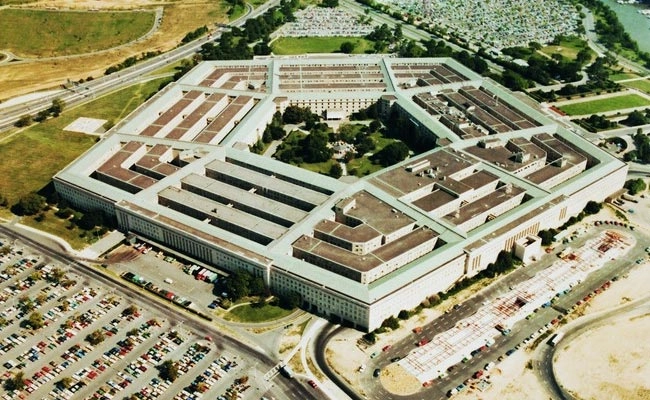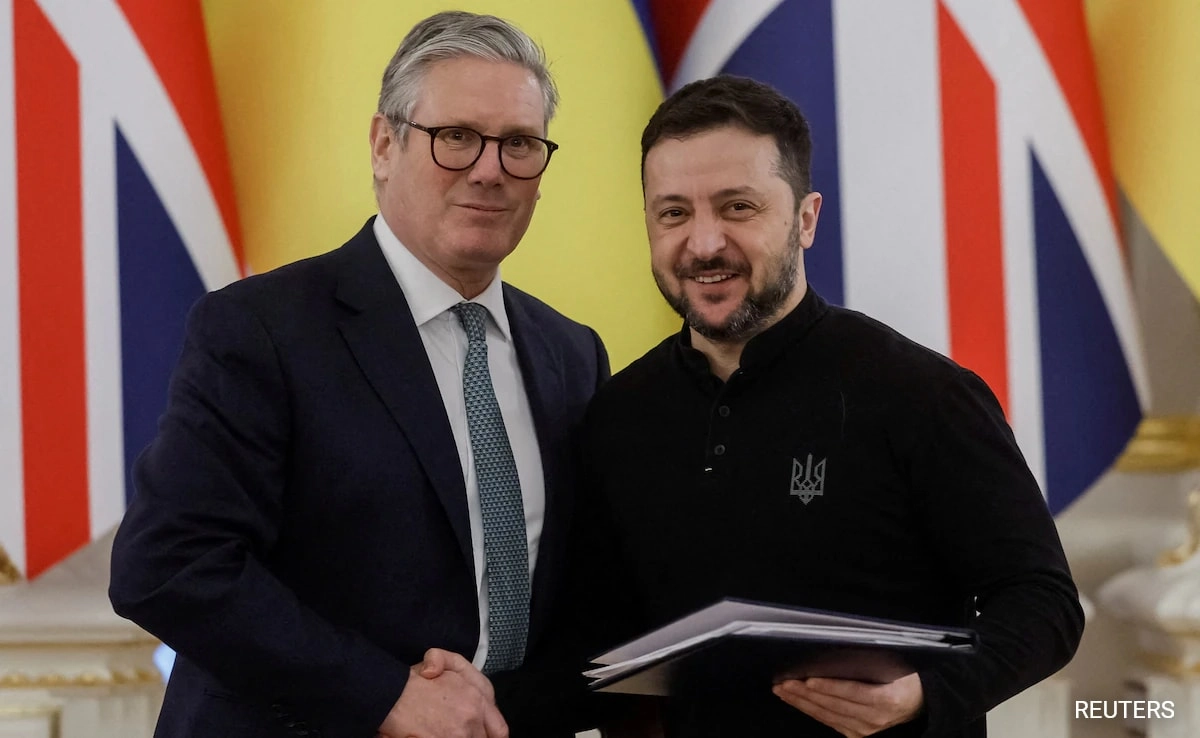The United States government has recently implemented a new requirement for media organizations seeking access to military information. In a move that has sparked considerable debate, the Department of Defense (DoD) has mandated that these organizations sign a comprehensive 10-page document outlining various conditions before they can obtain any military-related data. This document not only details the terms of access but also stipulates numerous restrictions and guidelines that journalists must adhere to when reporting on military matters.
This development raises significant concerns regarding press freedom and the transparency of information regarding military operations. Critics argue that imposing such stringent conditions could hinder the ability of the media to effectively report on matters of national security and military actions. By requiring journalists to agree to these terms, the government may be attempting to control the narrative surrounding military operations, potentially limiting the scope of coverage and the depth of investigations into military practices and policies.
Furthermore, the lengthy and complex nature of the document could deter smaller media outlets and independent journalists from pursuing stories related to the military. Many may find the conditions too cumbersome or restrictive, leading to a concentration of military information in the hands of larger, more established organizations that can navigate the requirements more easily. This could create an imbalance in the media landscape, where diverse perspectives on military issues are overshadowed by a few dominant voices.
The implications of this new requirement extend beyond the immediate concerns of press freedom. It raises fundamental questions about the role of the media in a democratic society and the importance of an informed citizenry. Access to military information is crucial for public understanding and accountability, and any obstacle that restricts this access poses a threat to democratic principles. As the media grapples with these new conditions, the ongoing dialogue about the balance between national security and the public’s right to know will likely intensify, highlighting the need for ongoing scrutiny of government policies affecting press freedom.




